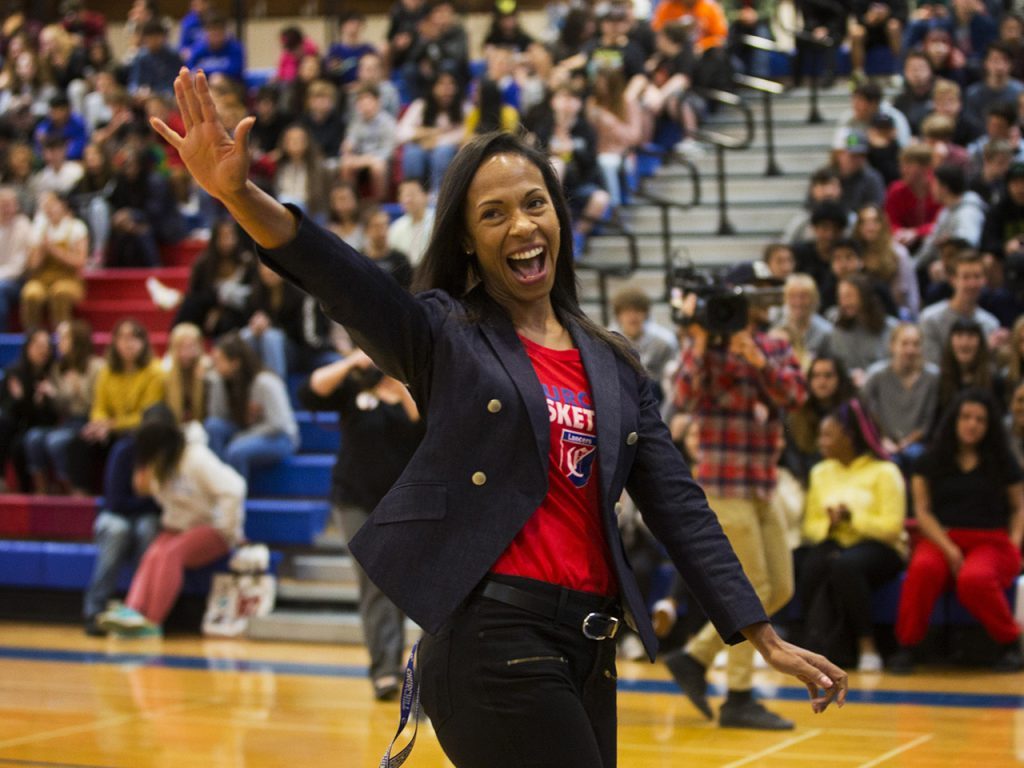
When you boil it down, counseling is all about one thing: helping people. That was the principle that the Counseling program here at the Oregon State University College of Education was founded over 100 years ago. Now, all these years later, dedicated faculty like Cass Dykeman keep that principle alive and well.
Cass has a long history with education himself; he went to school for counseling for two years at the University of Virginia, and before that was a counselor at schools around Washington State. For the past 20 years, he’s been with the College of Education as a professor and resource for the future generations of counselors.
One of his current projects is focused on the area of Corpus Linguistics, a form of the study of language that utilizes chunks of real-world text to look for patterns and meanings. Currently, he’s seeing millennial students get invested in the project in an interesting way. “Students want to research where they live, and for many students, that was online,” Cass said. “So we’ve been looking at personality and mental health issues online.” The examples he gave were from pro-self-harm forums and sites where people with depression can share their struggles with one another.
Cass also had a lot to say about the history of OSU’s counseling program and what makes it so unique compared to other programs around the country. The program is over 100 years old, seeing its start around the beginning of World War I. “We [as counselors] are always there in response to a national crisis,” Cass said of the significance of counseling in Oregon. “The program grew during both World Wars because it needed to. Now, with all the cultural and economic shifts, it is the counselor’s job to be there to help people work through it all.” The program also is the only one in the country that requires a manuscript-style dissertation. This is in order to better prepare students for the future; according to Cass, “these manuscripts are intended for print in academic journals, and are common in the hard sciences. By requiring these manuscripts, students instantly have a document that is meant to be published, so they get a jump start on their career.”
Cass also spoke of the changes he wanted to see come to the College of Education. First, he spoke of the new OSU Portland Center; “In 1932, the College of Education would take monday night trips up to Lincoln High School in Portland Oregon to teach there. Now, with the Portland Center offering College of Education classes, it’s something of a return to our roots.”
Cass also recounted a memory of his, from around a decade ago. “I was lecturing on a new topic, and this was around the time that smartphones and google had become more prominent tools. So this student googles my lecture topic and starts to ask very specific, insightful questions into the topic I wasn’t prepared for. I realized that I had been replaced by google in the role of ‘conveyer of knowledge,’ but if I wasn’t the conveyer of knowledge, than what should I be? I began to change my approach to teaching to reflect that and keep myself relevant as a human resource in the more knowledgeable world. Having to continually change your teaching style is part of what keeps the job fun and fresh!”
And it should be fun, Cass noted. “The most important thing you need as a teacher is that you have to love to teach and you have to love your students. If you don’t love what you’re doing, your students will pick up on that right away.” This carries over to being a counselor as well as an educator. “There are plenty of personalities that make for a good counselor. You just need an intrinsic love for people who are struggling; skills, we can train, but that empathy is mandatory.”
Cass hopes to continue to teach and help the College of Education grow for years to come. Recently, he was awarded the Outstanding Educator Award from the Western Association for Counselor Education and Supervision (WACES). He made clear that education does not exist in a vacuum. “This award serves as an affirmation that we’re doing something right in the program. We’re on the right track, and though we’re always adjusting to keep it that way, it’s good to see that what we’re doing is making a difference.” That’s his goal for the future, too; to keep changing so the college can continue to teach students in new, efficient an exciting ways. “It’s like a puzzle! It’s a fun challenge that’s so worth it.” Cass is also the top advisor in the College of Education and the 4th highest in OSU history, having advised 37 dissertations in his time at OSU. About this achievement, he said “I feel lucky to teach at OSU for this university draws the highest quality of doctoral students. My advisees and I are helping to shape the cutting edge of quantitative research design in Counselor Education.”

